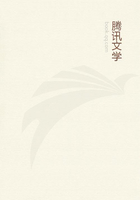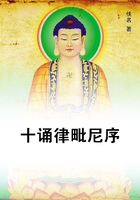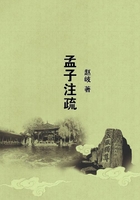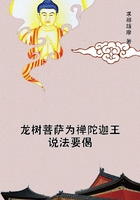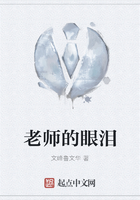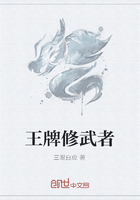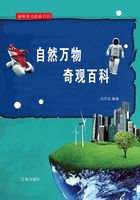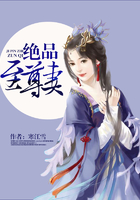(15) If we would bear unprejudiced witness to the Divine origin of Scripture, we must prove solely on its own authority that it teaches true moral doctrines, for by such means alone can its Divine origin be demonstrated: we have shown that the certitude of the prophets depended chiefly on their having minds turned towards what is just and good, therefore we ought to have proof of their possessing this quality before we repose faith in them. (16) From miracles God's divinity cannot be proved, as I have already shown, and need not now repeat, for miracles could bewrought by false prophets. (17) Wherefore the Divine origin of Scripture must consist solely in its teaching true virtue. (18) But we must come to our conclusion simply on Scriptural grounds, for if we were unable to do so we could not, unless strongly prejudiced accept the Bible and bear witness to its Divine origin.
(19)Our knowledge of Scripture must then be looked for in Scripture only.
(20)Lastly, Scripture does not give us definition of things any more than nature does: therefore, such definitions must be sought in the latter case from the diverse workings of nature; in the former case, from the various narratives about the given subject which occur in the Bible.
(21)The universal rule, then, in interpreting Scripture is to accept nothing as an authoritative Scriptural statement which we do not perceive very clearly when we examine it in the light of its history. (22) What Imean by its history, and what should be the chief points elucidated, I will now explain.
(23) The history of a Scriptural statement comprises -(23) I. The nature and properties of the language in which the books of the Bible were written, and in which their authors were, accustomed to speak. (24) We shall thus be able to investigate every expression by comparison with common conversational usages.
(25)Now all the writers both of the Old Testament and the New were Hebrews: therefore, a knowledge of the Hebrew language is before all things necessary, not only for the comprehension of the Old Testament, which was written in that tongue, but also of the New: for although the latter was published in other languages, yet its characteristics are Hebrew.
(26)II. An analysis of each book and arrangement of its contents under heads; so that we may have at hand the various texts which treat of a given subject. (27) Lastly, a note of all the passages which are ambiguous or obscure, or which seem mutually contradictory.
(28) I call passages clear or obscure according as their meaning is inferred easily or with difficulty in relation to the context, not according as their truth is perceived easily or the reverse by reason. (29) We are at work not on the truth of passages, but solely on their meaning. (30) We must take especial care, when we are in search of the meaning of a text, not to be led away by our reason in so far as it is founded on principles of natural knowledge (to say nothing of prejudices): in order not to confound the meaning of a passage with its truth, we must examine it solely by means of the signification of the words, or by a reason acknowledging no foundation but Scripture.
(31) I will illustrate my meaning by an example. (32) The words of Moses, "God is a fire" and "God is jealous," are perfectly clear so long as we regard merely the signification of the words, and I therefore reckon themamong the clear passages, though in relation to reason and truth they are most obscure: still, although the literal meaning is repugnant to the natural light of reason, nevertheless, if it cannot be clearly overruled on grounds and principles derived from its Scriptural "history," it, that is, theliteral meaning, must be the one retained: and contrariwise if these passages literally interpreted are found to clash with principles derived from Scripture, though such literal interpretation were in absolute harmony with reason, they must be interpreted in a different manner, i.e. metaphorically.
(33)If we would know whether Moses believed God to be a fire or not, we must on no account decide the question on grounds of the reasonableness or the reverse of such an opinion, but must judge solely by the other opinions of Moses which are on record.
(34)In the present instance, as Moses says in several other passages that God has no likeness to any visible thing, whether in heaven or in earth, or in the water, either all such passages must be taken metaphorically, or else the one before us must be so explained. (35) However, as we should depart as little as possible from the literal sense, we must first ask whether this text, God is a fire, admits of any but the literal meaning - that is, whether the word fire ever means anything besides ordinary natural fire.
(36) If no such second meaning can be found, the text must be taken literally, however repugnant to reason it may be: and all the other passages, though in complete accordance with reason, must be brought into harmony with it. (37) If the verbal expressions would not admit of being thus harmonized, we should have to set them down as irreconcilable, and suspend our judgment concerning them. (38) However, as we find the name fire applied to anger and jealousy (see Job xxxi:12) we can thus easily reconcile the words of Moses, and legitimately conclude that the two propositions God is a fire, and God is jealous, are in meaning identical.
(39) Further, as Moses clearly teaches that God is jealous, and nowhere states that God is without passions or emotions, we must evidently infer that Moses held this doctrine himself, or at any rate, that he wished to teach it, nor must we refrain because such a belief seems contrary to reason: for as we have shown, we cannot wrest the meaning of texts to suit the dictates of our reason, or our preconceived opinions. (40) The whole knowledge of the Bible must be sought solely from itself.

